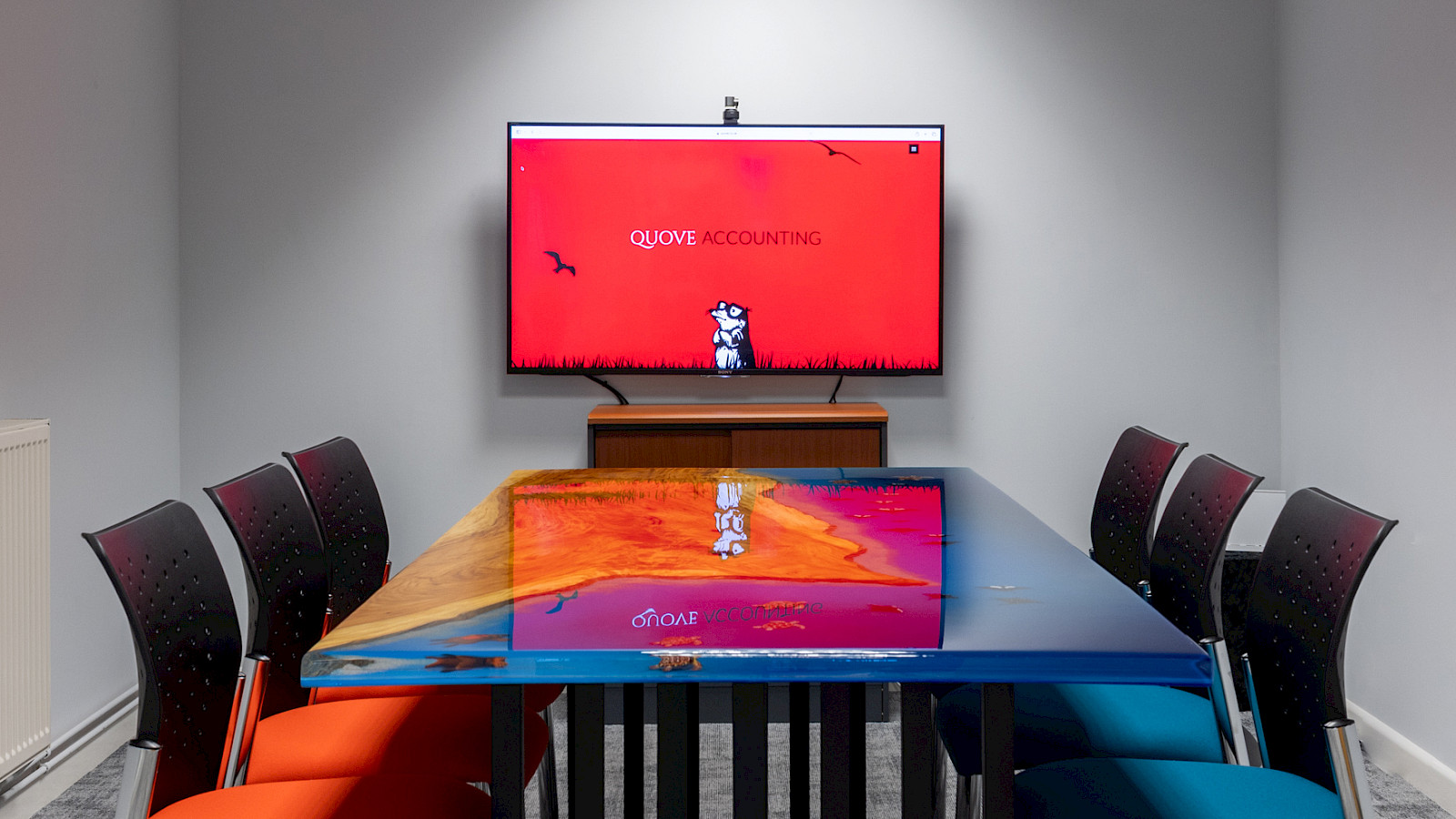Should You Be Changing from Sole Trader to Limited Company?
21 May 2025 Reading time: 3 minutes

“We’re looking for an accountant to help us go limited.”
It’s a phrase we’re hearing more and more—and it often comes from individuals who’ve built thriving businesses but are still operating as sole traders, even though their setup is no longer working in their favour.
For many, going limited can feel like a big leap. But in reality, it’s often a strategic step forward—and one that can unlock better tax outcomes, improved credibility, and a clearer path to growth.
So how do you know if it’s the right time?
Why Business Owners Consider Going Limited
Let’s start with the basics: as a sole trader, your business and personal finances are legally the same. You’re personally responsible for any debts, and your profits are taxed as personal income.
Incorporating into a limited company changes that. You become a director, the business becomes its own legal entity, and you gain access to a different (often more flexible) financial structure.
Here are the top reasons business owners consider the move:
1. Tax Efficiency
As a sole trader, you pay income tax and national insurance on all profits. Limited company owners often pay themselves a mix of salary and dividends, which—when structured correctly—can reduce your overall tax bill. Once your profits start exceeding around £30–50k per year, the potential savings can be significant.
2. Limited Liability Protection
When you're limited, your personal assets are (usually) protected. This means if your company runs into financial trouble, your personal property—like your home or savings—isn’t automatically at risk.
3. Professional Credibility
Like it or not, “Limited” carries weight. It can build trust with suppliers, clients, and lenders, especially for B2B businesses or contracts with larger organisations. It gives the impression of being more established and well-structured.
4. Business Continuity and Succession
Limited companies are easier to pass on, sell, or restructure. If you’re planning for the long term, that’s an important benefit.
5. Funding Opportunities
Raising finance as a limited company can be more straightforward. Investors and lenders are typically more comfortable working with incorporated businesses.
Common Signs It’s Time to Incorporate
If any of the following sound familiar, you might already be past due for a change:
- You're consistently earning more than £30–50k annually in profit
- You’re hiring staff or subcontractors
- Your business is taking on larger contracts or longer-term projects
- You’re mixing personal and business spending, making tax returns difficult
- You’re worried about personal liability or protecting your assets
- You want to build a business that can outlast you
But... What About the Challenges?
We’ll be honest—going limited does bring a bit more admin. You’ll need to:
- File annual accounts and confirmation statements with Companies House
- Keep separate company bank accounts and records
- Understand director duties and legal responsibilities
- Potentially register for VAT (depending on turnover)
That’s why working with an accountant isn’t just helpful—it’s often essential. Many clients come to us after years of sole trading, and their finances are tangled: overlapping expenses, missing receipts, and vague payroll records.
The good news? We’ve seen it all before—and there’s almost nothing we can’t tidy up with the right systems and a clear plan.
How We Help Clients Make the Move
We don’t just register your company and send you on your way.
We help clients:
- Decide whether incorporation is actually the right move based on profit, goals, and structure
- Set up the company correctly with Companies House
- Open a business bank account and create a separation of finances
- Set up payroll if needed
- Migrate your bookkeeping to a digital platform (like Xero or QuickBooks)
- Create a tax-efficient pay structure (salary/dividends mix)
- Plan for VAT registration if necessary
Most importantly, we make sure you understand what’s changing—without the jargon.
Final Thoughts: Start Where You Are
Don’t let the paperwork or perceived complexity hold you back. Incorporating your business doesn’t mean you’ve outgrown being a sole trader—it means you’re ready to move forward with intention.
Whether you’re just starting to explore the idea or you're ready to file today, we’re here to support you with straightforward advice and real, practical help.
Curious if it’s the right time for you to go limited?
Let’s have a no-pressure chat. One call could save you thousands—and bring clarity to your next step.




